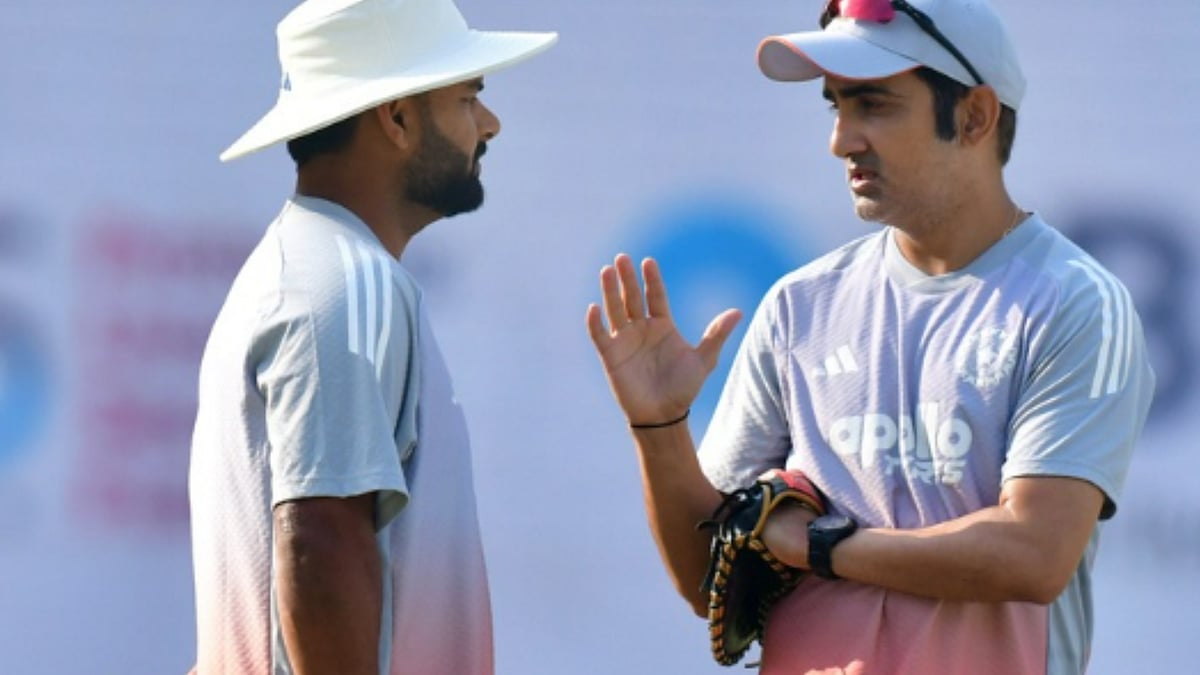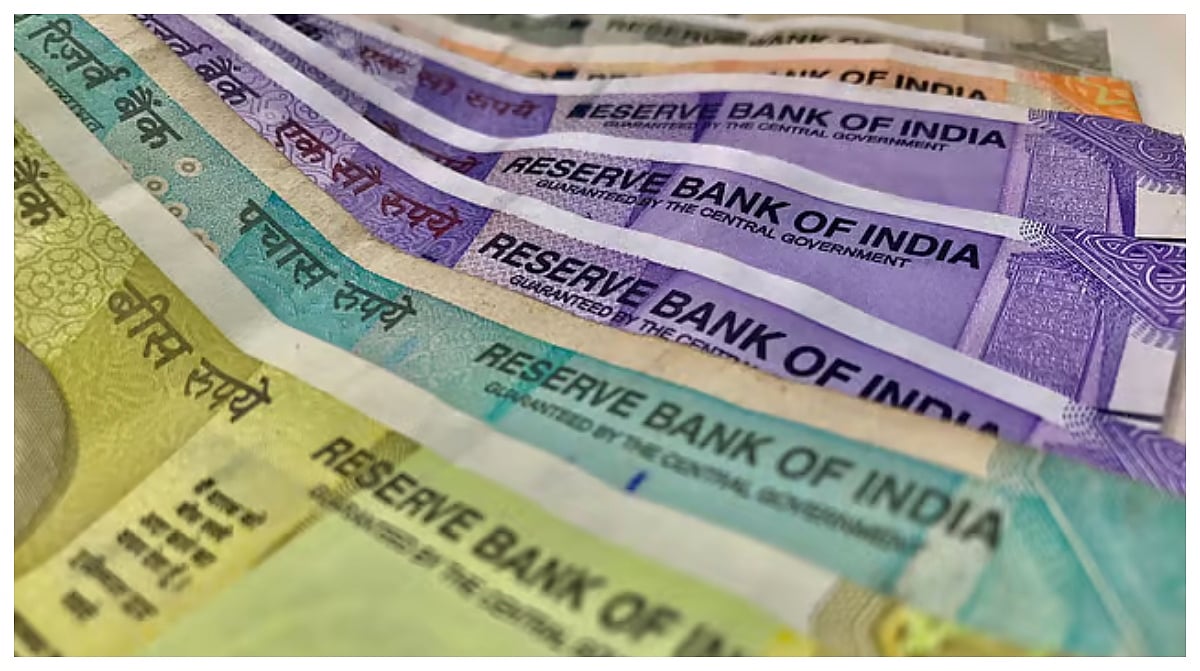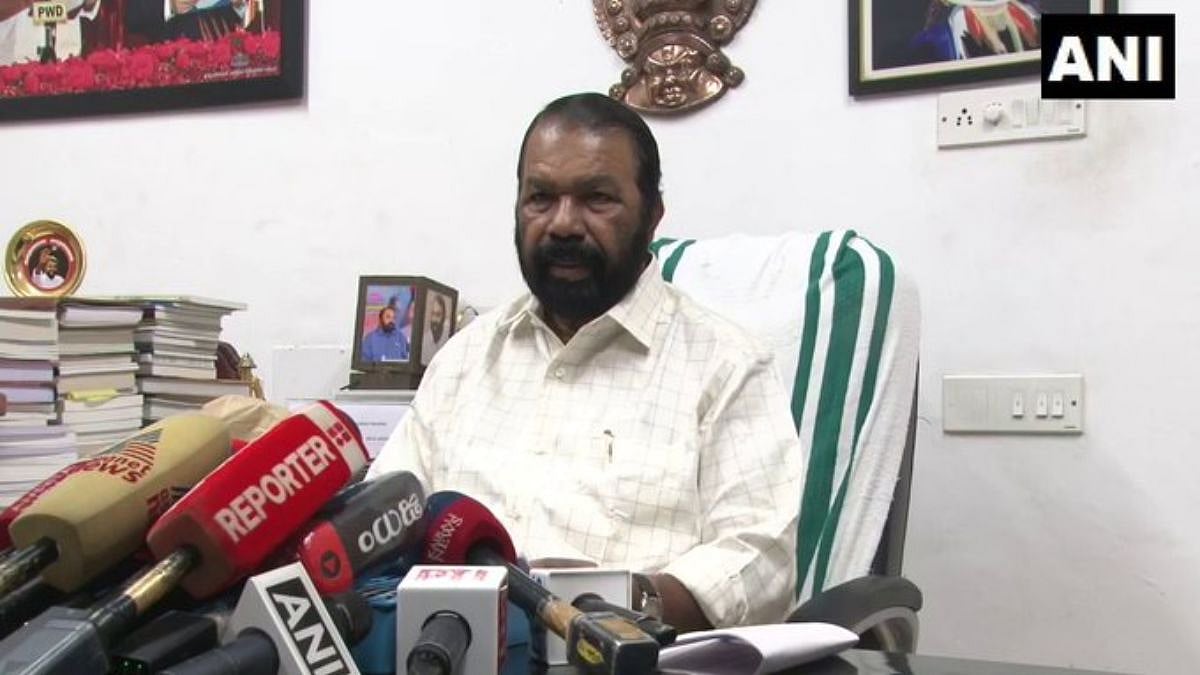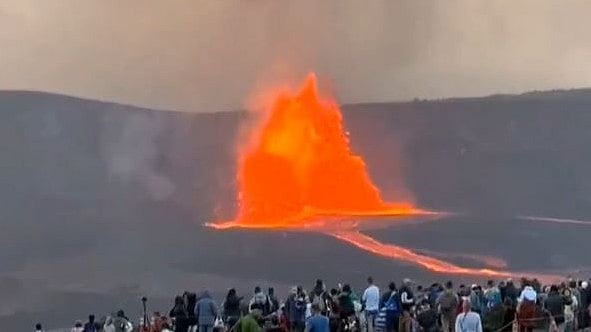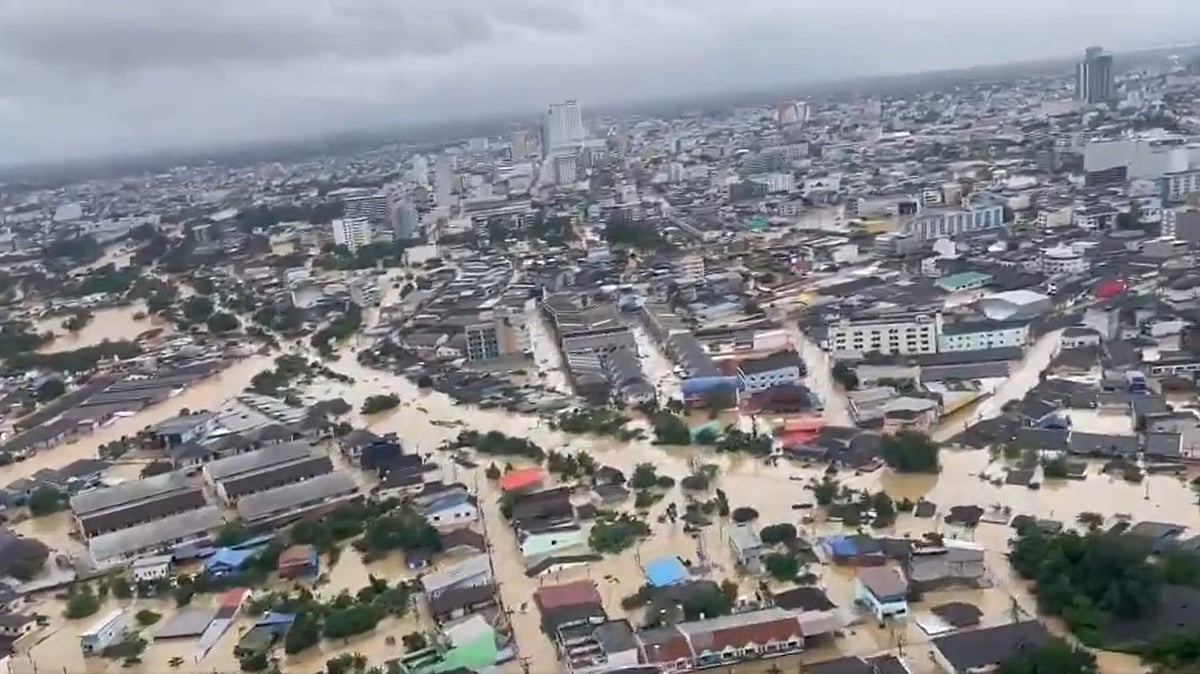Rawalpindi: Afghanistan media on Wednesday claimed that former Pakistan Prime Minister Imran Khan was killed in Rawalpindi's Adiala Jail. Soon netizens started posting on X about Khan's death news. However, Pakistan denied the claim.
On Tuesday, thousands of supporters of Khan's political party, Pakistan Tehreek-e-Insaf (PTI), gathered outside the jail demanding authorities reveal information about their leader's health.
Hundreds of security personnel were deployed outside the jail to prevent any untoward incident. According to reports, Imran Khan's sisters Aleema Khan, Dr Uzma, and Noreen Niazi and other party leaders staged a sit-in protest at Factory Naka near the jail after they were not allowed to move further.
As per a report by Pakistan daily Dawn, the protest was called off on Majlis Wahdat-i-Muslimeen (MWM) leader Allama Raja Nasir's request.
Meanwhile, in a post, PTI's Islamabad unit shared a video interview of Khan's sister, Aleema.
"All the families of the martyrs of May 9, October 4, and November 26 will come to Hayatabad at 5 PM, Peshawar. We too, inshallah, will join those families there, and all of you should also go. Recognize them and give them the respect that is their right," Aleema could be heard saying in the interview.
Local media reports claimed that Khan's sisters were manhandled during the protest. Aleema also condemned the police action against her and her sisters last week.
Imran Khan Hit Out At Pakistan Army Chief Last Month:
Last month, Khan slammed Army chief Asim Munir for turning Pakistan into a "hard state" through force. The 73-year-old former cricketer-turned-politician has been in jail for over two years in multiple cases.

"In its true sense, a hard state means a country where the supremacy of the Constitution, rule of law, justice, and democratic freedoms prevail...However, Asim Munir's version of a 'hard state' means a system where all democratic pillars are crushed and replaced by 'Asim Law'," Khan had said in a post on X.
"Let it be clear... no state can ever become 'hard' or strong without the support and consent of its people. The atrocities being committed under the so-called Asim Law are not strengthening the state; rather, they are weakening its very foundations," he had added.

